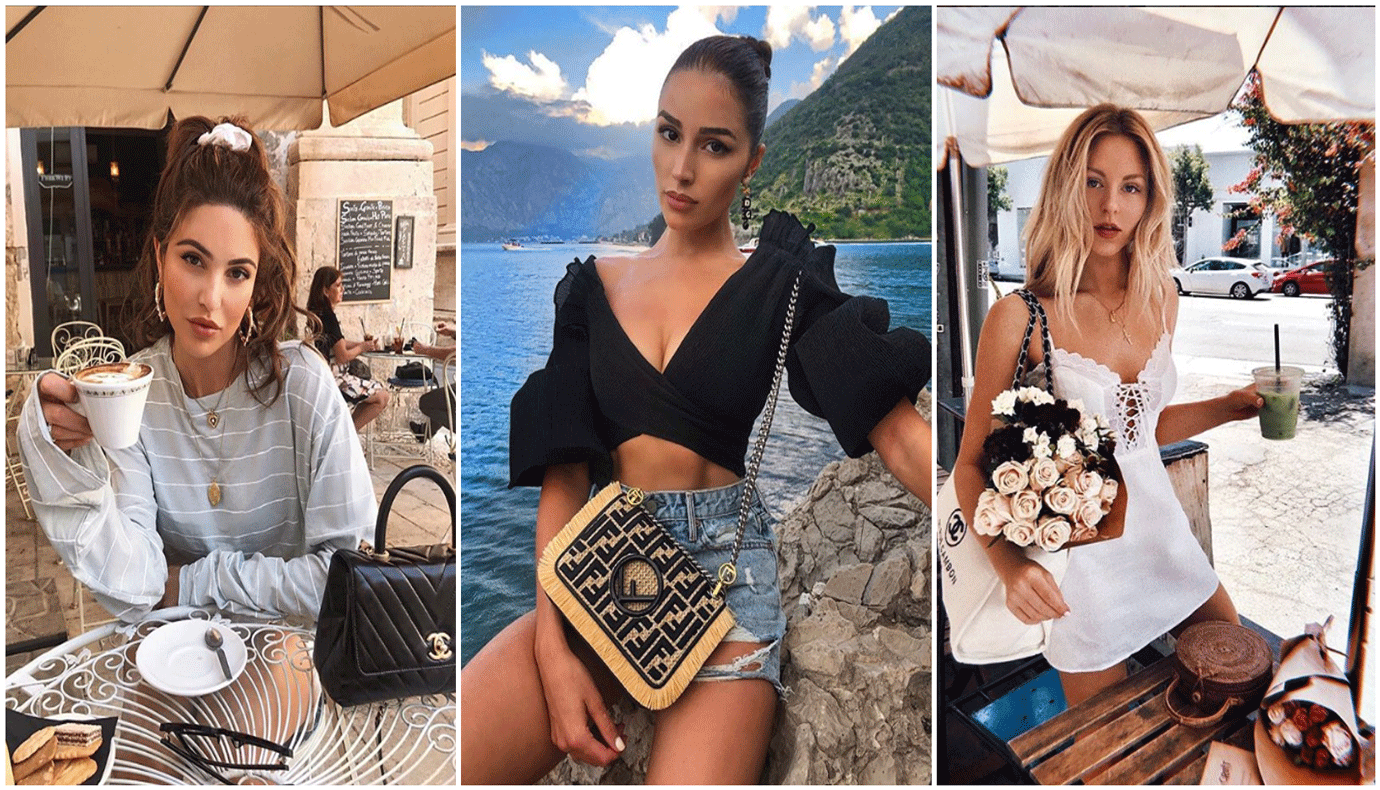
Gulf News spoke to Lee McMahon, principal and co-founder of Support Legal, about the electronic media regulations released by the National Media Council in March and how it affects the social media influencer industry.
Does the law define what or who counts as being influential on social media?
No, the Electronic Media Regulations (hereafter referred to as regulations) do not include an express definition for social media influencers. Instead, the regulations describe that online activities, which if carried out for commercial purposes, would require a licence from the National Media Council (NMC).
These activities include selling or otherwise dealing in print, video, and audio materials; electronic publishing activities and on-demand printing; specialised websites including news websites and online advertisements and applications; and any other electronic activity added in future by the NMC. For completeness, the regulations apply to all electronic media activities carried out in the UAE, both onshore and in the free zones. School and government websites are exempt from the regulations (but note that the NMC may issue further regulations which will apply to these institutions).
What does the law mean for social media influencers specifically?
If an influencer is promoting a product or service online through social media channels and receives a fee or, in the absence of any further guidance to the contrary, in-kind benefits for doing so, the influencer should hold a licence from the NMC before publishing any promotional content.
Is there a specified criteria or threshold of followers for a social media influencer to come under the purview of these regulations?
No, the regulations refer to carrying on activities for “commercial purposes” or the posting of “paid commercials” and are drafted in absolute terms. Therefore, there is no threshold above which a person is considered an influencer according to the number of followers they have or the amount they are being paid to promote a product or service. It applies to anyone and everyone who promotes or posts promotional content in return for payment or benefits in kind.
What kind of social media content does the law apply to? Will blogs be regulated as well?
In relation to social media activity, the regulations only refer to “paid commercials” and do not describe the activities in any further detail. However, a conservative interpretation suggests that any activity on social media channels which advertises or otherwise promotes a product or service, and the person posting the content is paid for that content (whether in cash or in kind), would be affected by the regulations.
By contrast, a ‘blogger’ who writes for enjoyment, but does not receive payment or in-kind products/services, is not posting for “commercial purposes” or posting “paid commercials”. Thus, such bloggers would not require a licence under the regulations.
If a social media account holder is not paid fees but gets reciprocal benefits in kind, will that be covered by the regulations?
As of now, this hasn’t been clearly defined. As per the law, a licence is needed for the prescribed activities if they are carried out “for commercial purposes in return for value” or a person uses social media to post “paid commercials”.
However, the regulations do not define either of these terms. It is unclear as of now whether the regulations are intended to include only paid activities (in the form of cash payments) or, for example, to extend to gifts, free products and barter arrangements including hotel stays or restaurant meals in exchange for reviews. By way of comparison, the UAE Commercial Transactions Law states that any activity which results in a “profit” is deemed to be a business.
Who is liable for any consequences for a consumer via-a-vis a branded post — the brand or the influencer?
The regulations provide that the social media account holder is responsible for the content posted on or by that account. Advertisements posted on social media must meet the applicable advertising standards and guidelines issued by the NMC.
As such, the NMC will look to the social media account holder if there are any breaches of these standards and guidelines. From a consumer’s point of view, complaints or other such queries pertaining to particular products (whether promoted on social media or otherwise) should go through consumer protection departments in the country.
What can brands and influencers do to ensure they stay on the right side of the law?
A clear, well-drafted, legal contract which is tailored to this region is the best option to ensure clarity between brands and influencers. A brand should ensure that their contractual arrangements with an influencer allows them to remove content associated with the brand if, for example, an influencer’s actions, both online or offline, no longer reflect the brand’s values. We suggest the best practice for an influencer is to look to other jurisdictions with more detailed regulations.
For example, the US has specific rules on disclosure of sponsorship relationships and consumers must be informed of any material connection between brands and influencers. You’ll often see posts that include #ad or #sponsored indicating that the influencer is being paid.











